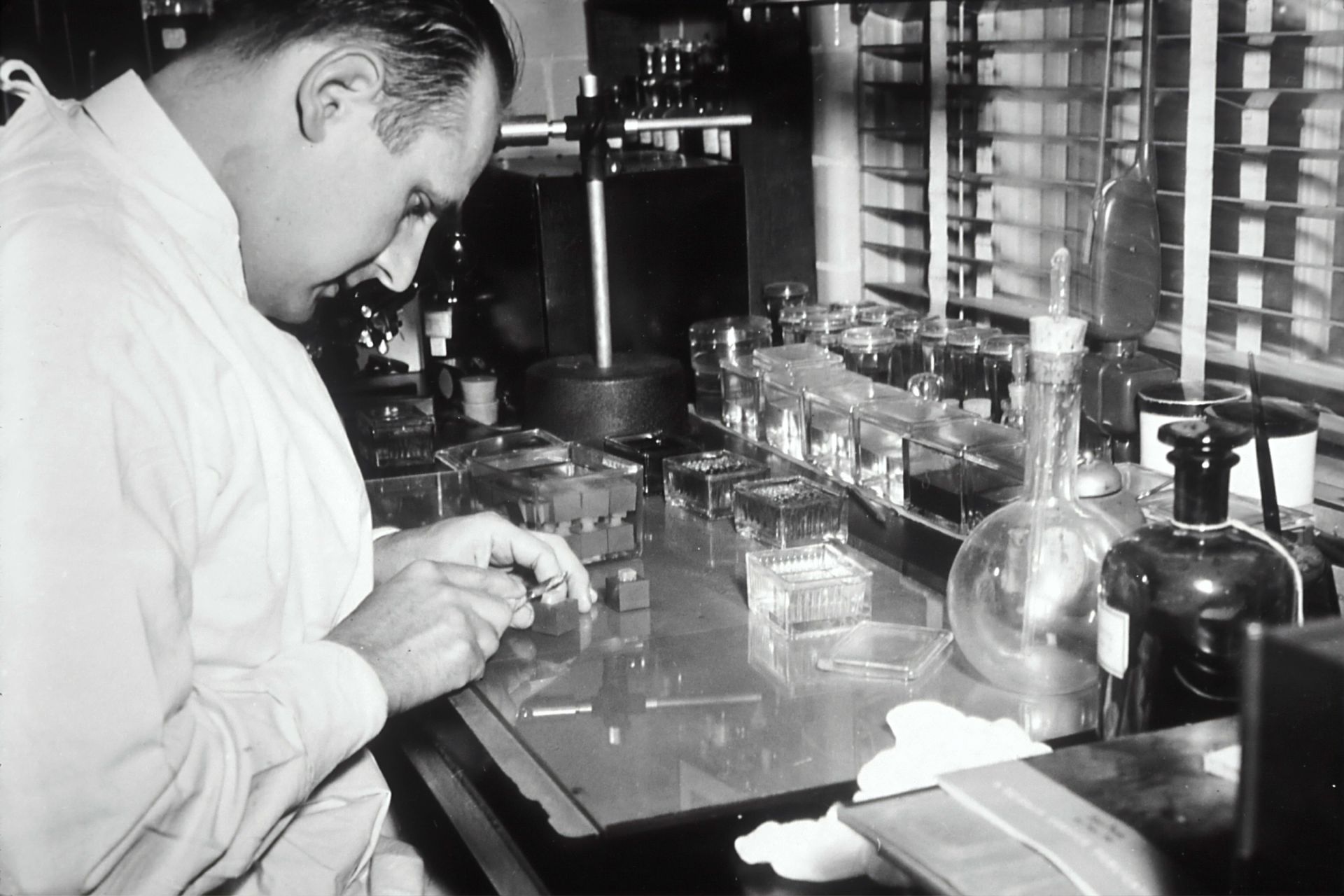A common submission by Queensland defence lawyers representing drug-driving offenders goes something like this: “My client had not in fact smoked cannabis for several days prior to driving, but hangover traces of the drug must have remained in his system, unbeknownst to him.”
Photo by by Dimitri Bang, Unsplash
It’s an entirely proper and appropriate submission to make because, while it doesn’t excuse the breach, it substantially lessens the seriousness of the offence charged. And the courts widely recognise that cannabis can indeed remain in a user’s system for days, if not weeks, after use. So, given that the avowed purpose of our drug legislation is to deter those who threaten road safety by driving under the influence, why do current laws punish drivers who, often long after imbibing, have residual levels of a drug in their system, but are no longer experiencing any intoxicating effect whatsoever ?
With legislative attitudes slowly shifting towards recreational cannabis legalisation across the country, many contend there is a reasonable argument for drug-driving laws to be amended to allow a legal, non-intoxicating level of cannabis presence in one’s bloodstream.
Under section 79(2AA)(2) of the Transport Operations (Road Use Management) Act 1995 (“the Act”), ‘any person who, while a relevant drug is present in the person’s blood or saliva drives a motor vehicle…is guilty of an offence.’ A ‘relevant drug’ is defined in the Act as including “delta- 9-tetrahydrocannabinol” (THC), the primary psychoactive ingredient in cannabis. Importantly, in introducing the drug-driving legislation, our Parliament expressly noted it intended the law to only “detect the active ingredient of drugs when they are active as an impairing influence…not drugs taken days or weeks earlier.”
The scientific evidence is now crystal clear that THC decreases motor skills, reaction times and attention span in a dose-related manner. Upon consuming cannabis, THC levels peak in the blood within 10 minutes, and remain present in blood plasma for 1-3 hours. As such, driving within 3 hours of consuming cannabis is undoubtedly dangerous, and clearly quite properly falls within the concept of ‘driving under the influence’. However, as THC is highly fat-soluble, it remains stored in fatty tissue after leaving the bloodstream and over time, THC is re-released into blood plasma, at a rate too slow to produce intoxicating effects. Accordingly, time-frames for THC to be completely eliminated vary based on frequency of consumption, the metabolic rate of users’ and the type of drug-testing device used. Whilst there is currently no universal consensus on the exact amount of THC required to impair driving ability, there is a strong line of authority to suggest that THC levels of 3.1- 4.5μg/l per litre of blood is analogous to a blood alcohol reading of 0.05. To further complicate the issue, studies have established that ‘shallow posits’ of THC can remain in users’ mouths for an indefinite period of time, meaning those who have poor oral hygiene will be more likely than “regular brushers” to return a positive result. Based on these studies, it is perhaps arguable that THC blood levels below 3.1μg/l do not significantly impair driving.
Unfortunately, saliva-testing devices currently used by Police cannot differentiate between intoxication and prior use. There are currently three approved portable, saliva-testing devices to test for cannabis use, the Dräger 5000, the Cozart 806 and the Alere Reader. Studies suggest the Dräger 5000 found that the device can detect THC in saliva upwards 22 hours after a person had last used the drug, and various other saliva-testing devices can produce a positive reading more than 32 hours after use. As such, the scientific community widely recognises that saliva-testing devices do not conclusively determine whether a person is actually under the influence of cannabis or not.
That factual reality has been broadly accepted by Local Courts across Australia.
In the New South Wales case of Police v Carrall, the accused was charged under the NSW equivalent of s 79(2AA) after a saliva-testing device returned a positive result for cannabis use. At trial, the accused summitted that at the time he was intercepted by police and tested, it had been nine days since he last consumed cannabis, and he honestly believed it was safe for him to drive. Ultimately, the Presiding Magistrate found in favour of the accused, accepting that a ‘mistake of fact’ defence was available to him in the circumstances, even though he proffered no evidence negating actual intoxication. His Honour also described the current saliva-testing regime as ‘uncertain by design.’
However, the ‘mistake of fact’ defence was removed from Queensland drug and drink driving legislation some years ago, so a Queenslander in similar circumstances would not escape culpability. The case of Police v Carrall clearly highlights the significant issues posed by saliva-testing devices, and perhaps supports argument for statutory reform.
Interestingly, in 2013, the US state of Colorado reformed its drug-driving laws to accommodate a legal level of cannabis impairment. Upon reviewing the wealth of scientific evidence relating to THC levels and intoxication, the Colorado legislature concluded an impairment level of ‘5ug’ of THC per litre of blood struck an effective balance between road safety concerns and common sense.
Whilst the jury is still out on the Colorado approach, it’s clear current Queensland drug-driving laws cast the net far wider at least than the Parliamentary rhetoric originally anticipated. In the context of changing attitudes, it will be interesting to see exactly where the debate finally leads.












